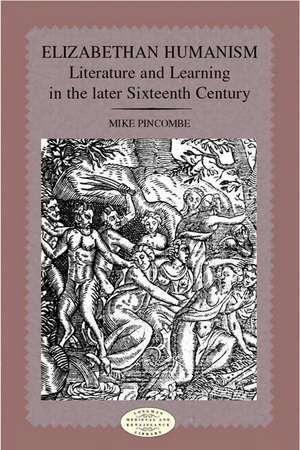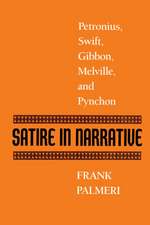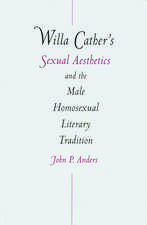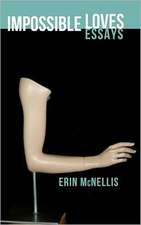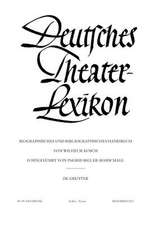Elizabethan Humanism: Literature and Learning in the Later Sixteenth Century: Longman Medieval and Renaissance Library
Autor Michael Pincombeen Limba Engleză Paperback – 9 noi 2001
| Toate formatele și edițiile | Preț | Express |
|---|---|---|
| Paperback (1) | 464.76 lei 6-8 săpt. | |
| Taylor & Francis – 9 noi 2001 | 464.76 lei 6-8 săpt. | |
| Hardback (1) | 1000.27 lei 6-8 săpt. | |
| Taylor & Francis – 18 sep 2018 | 1000.27 lei 6-8 săpt. |
Preț: 464.76 lei
Nou
Puncte Express: 697
Preț estimativ în valută:
88.93€ • 95.10$ • 74.15£
88.93€ • 95.10$ • 74.15£
Carte tipărită la comandă
Livrare economică 18 aprilie-02 mai
Preluare comenzi: 021 569.72.76
Specificații
ISBN-13: 9780582289802
ISBN-10: 0582289807
Pagini: 224
Dimensiuni: 156 x 234 x 14 mm
Greutate: 0.35 kg
Ediția:1
Editura: Taylor & Francis
Colecția Routledge
Seria Longman Medieval and Renaissance Library
Locul publicării:Oxford, United Kingdom
ISBN-10: 0582289807
Pagini: 224
Dimensiuni: 156 x 234 x 14 mm
Greutate: 0.35 kg
Ediția:1
Editura: Taylor & Francis
Colecția Routledge
Seria Longman Medieval and Renaissance Library
Locul publicării:Oxford, United Kingdom
Cuprins
PART 1: CONTEXTS Chapter 1: Elizabethan Humanism Chapter 2: Ciceronian 'Humanitas' Chapter 3: Humanists and Humanitians Chapter 4: The Translation of Humanity: Thomas Smith and Roger Ascham Chapter 5: The Arch-Humanist: Gabriel Harvey PART 2: TEXTS Chapter 6: Pregnant wit: John Lyly's Euphes: 'The Anatomy of Wit'
Chapter 7: Pastoral Rudeness: Edmund Spenser's 'The Shepherd's Calendar' Chapter 8: The Companion of the camps: Sir Phillip Sidney's 'An Apology for Poetry' Chapter 9: Divinity, Adieu: Christopher Marlowe's 'Doctor Faustus' Chapter 10: Imitations of Humanity: William Shakespeare's 'Hamlet, Prince of Denmark'
Chapter 7: Pastoral Rudeness: Edmund Spenser's 'The Shepherd's Calendar' Chapter 8: The Companion of the camps: Sir Phillip Sidney's 'An Apology for Poetry' Chapter 9: Divinity, Adieu: Christopher Marlowe's 'Doctor Faustus' Chapter 10: Imitations of Humanity: William Shakespeare's 'Hamlet, Prince of Denmark'
Descriere
The term 'humanist' originally referred to a scholar of Classical literature. In the Renaissance and particularly in the Elizabethan age, European intellectuals devoted themselves to the rediscovery and study of Roman and Greek literature and culture. This trend of Renaissance thought became known in the 19th century as 'humanism'. Often a difficult concept to understand, the term Elizabethan Humanism is introduced in Part One and explained in a number of different contexts. Part Two illustrates how knowledge of humanism allows a clearer understanding of Elizabethan literature, by looking closely at major texts of the Elizabethan period which include Spenser's, 'The Shepherd's Calendar'; Marlowe's 'Faustus' and Shakespeare's 'Hamlet'.
